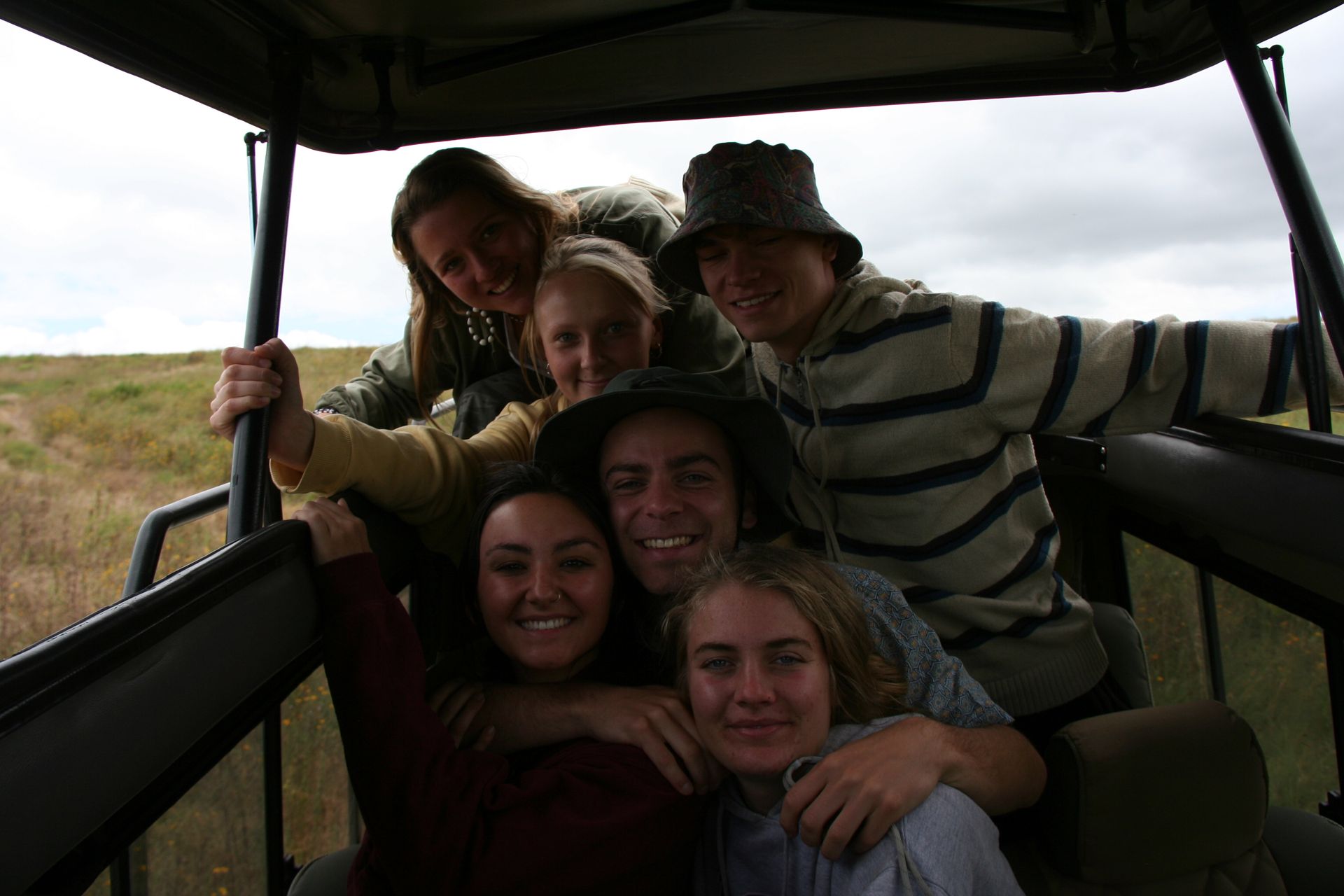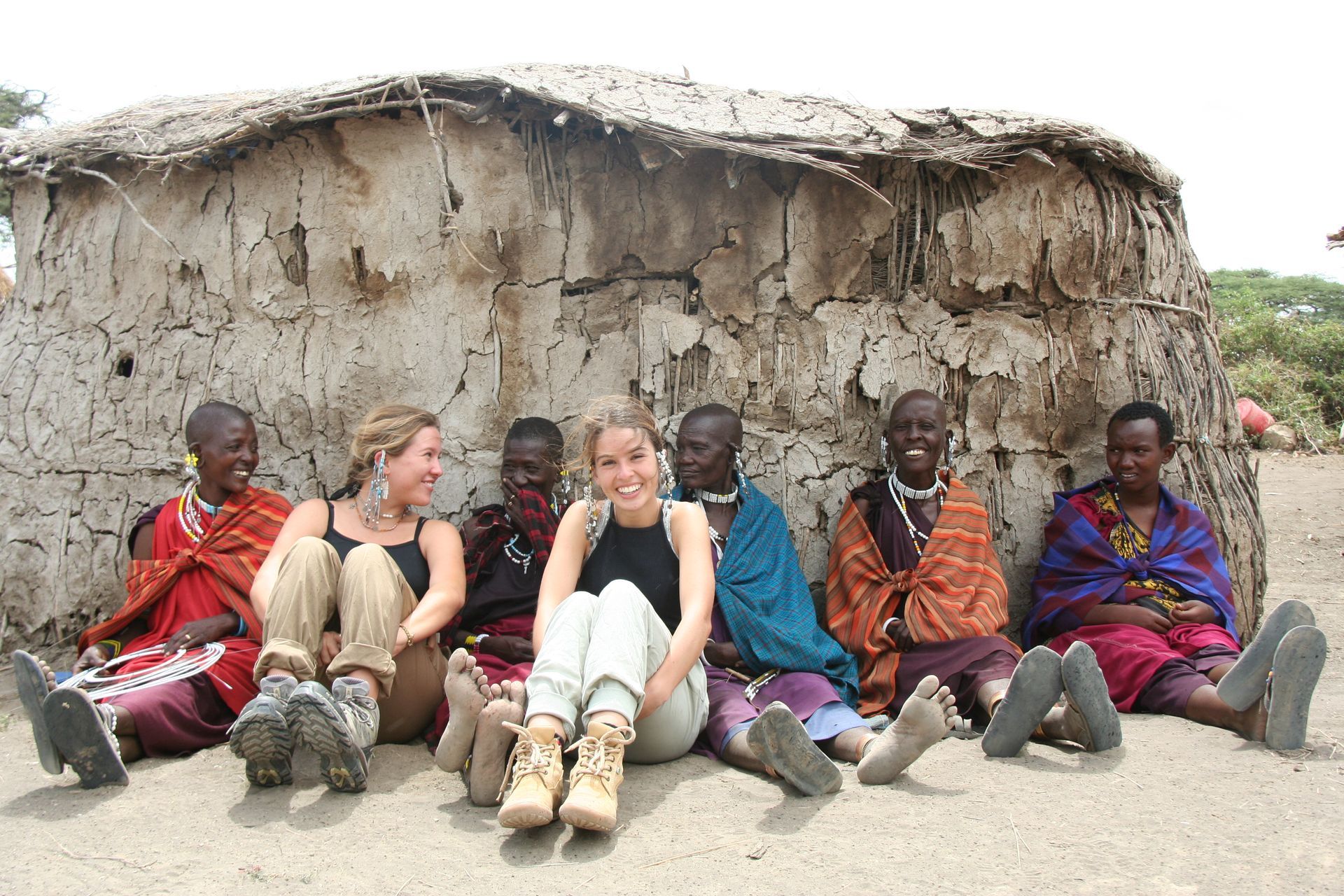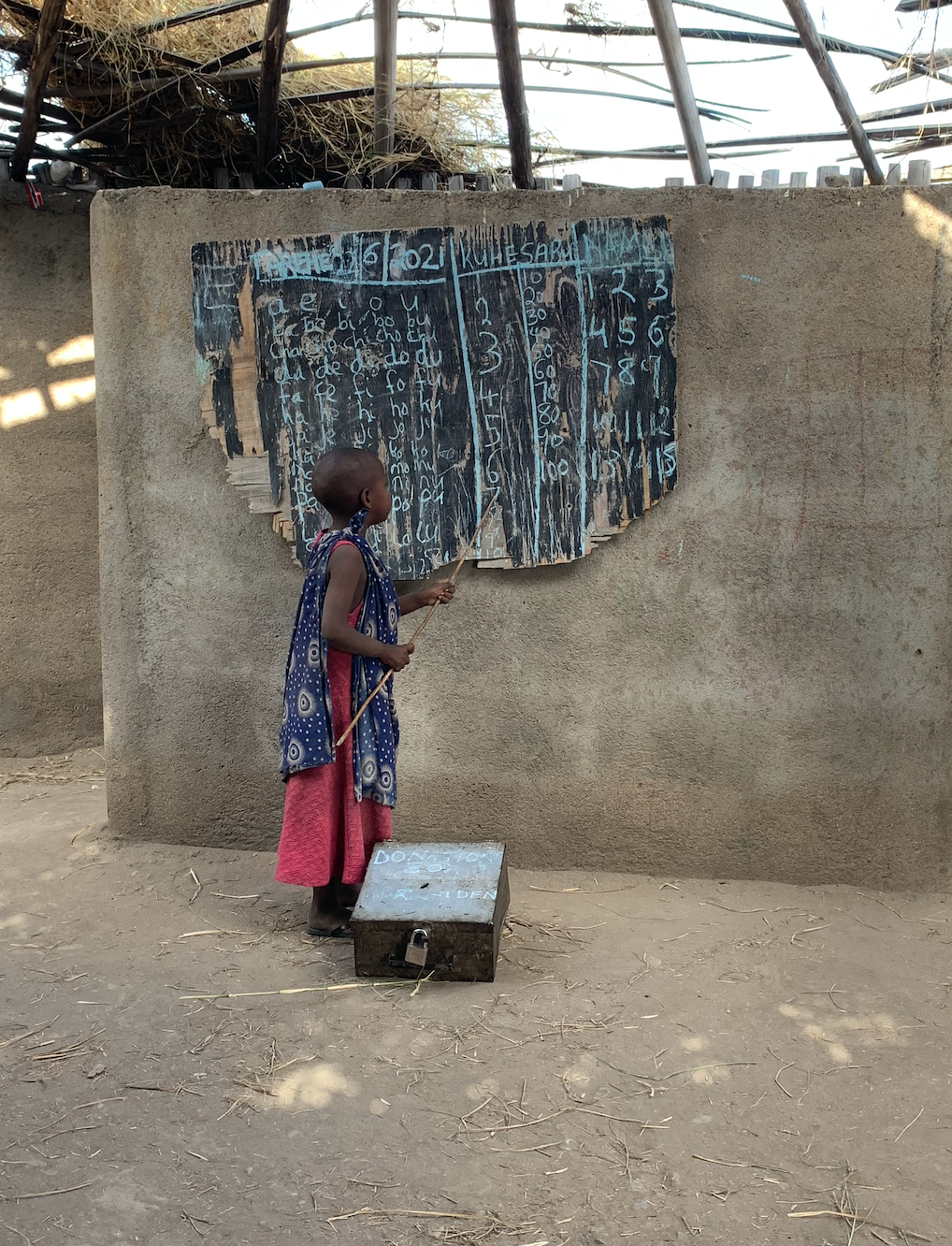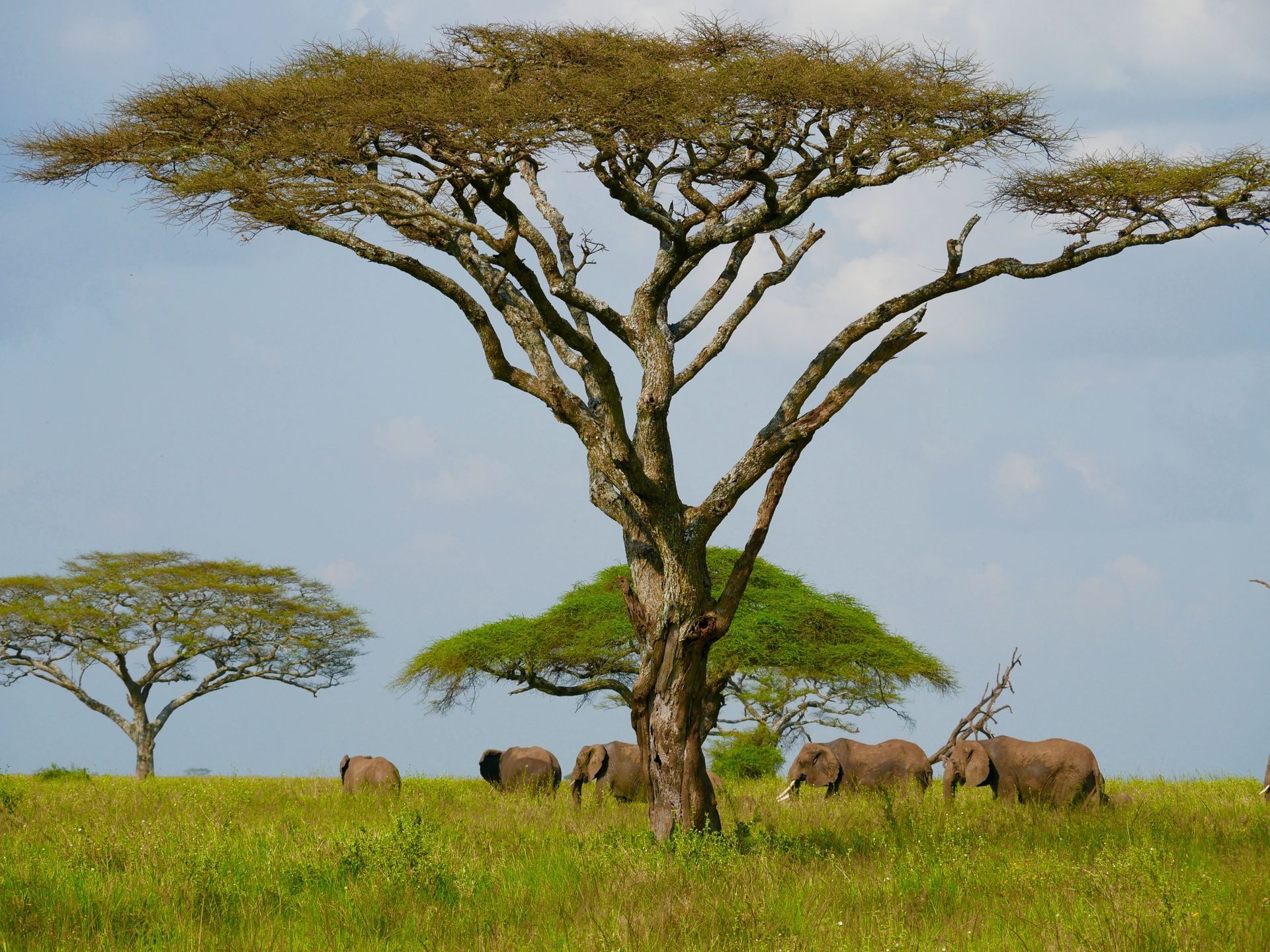How community-based tourism in Tanzania creates meaningful travel experiences
Tanzania’s breathtaking landscapes, from the endless plains of the Serengeti to the turquoise waters of Zanzibar, have long drawn travelers seeking adventure. But beyond the game drives and stunning scenery, there’s something even more powerful—the warmth, wisdom, and resilience of the local communities who call Tanzania home.
For those looking for a deeper, more ethical way to travel, community-based tourism (CBT) offers an opportunity to immerse yourself in local traditions, contribute to sustainable development, and form genuine connections with the people who shape Tanzania’s cultural identity.
At Mang'ola Life, we curate journeys that connect travelers with nature, local cultures, and themselves. We’re a sustainable safari company in Tanzania that partners with communities to ensure that your travels leave a positive impact.
What is community-based tourism in Tanzania?
Community-based tourism (CBT) is a form of travel that shifts the focus from passive observation to active participation. Instead of large corporations profiting from tourism, CBT ensures that revenue stays within local villages, strengthening economies, preserving traditions, and supporting conservation efforts.
Key benefits of CBT:
- Authentic cultural exchanges – Share meals, learn traditional crafts, and listen to ancestral stories passed down through generations.
- Economic resilience – Tourism revenue strengthens local economies by supporting artisans, farmers, and small business owners.
- Environmental conservation – Many CBT projects focus on protecting wildlife and natural landscapes, reinforcing the importance of sustainability.
- Deep cultural immersion – Visitors gain firsthand experience in the daily lives of indigenous communities, whether through farming, cooking, or local storytelling sessions.
- Hands-on learning opportunities – Tourists can take part in practical experiences such as beekeeping, traditional fishing, and medicinal plant identification with community elders.
One of the most unique aspects of CBT in Tanzania is the opportunity to live among communities where life is intertwined with nature. Imagine sitting around a fire under a sky full of stars, listening to elders share wisdom about the land, or walking alongside Maasai herders as they guide their cattle through the savanna.
These aren’t curated tourist attractions—they’re everyday moments that provide a rare window into ways of life that have existed for centuries.

How to experience Tanzania as a conscious traveler
Tanzania is one of Africa’s most visited countries, attracting travelers with its incredible wildlife, warm hospitality, and stunningly diverse landscapes. From the vast Serengeti plains to the snow-capped peaks of Mount Kilimanjaro, the country offers something for every type of traveler. But tourism is evolving—today’s conscious travelers seek experiences that go beyond standard safari circuits and luxury resorts.
Ways to make your visit sustainable and impactful:
- Choose locally owned accommodations – Opt for eco-lodges, homestays, and community-run guesthouses instead of international hotel chains.
- Minimize your environmental footprint – Respect local water sources, minimize plastic use by bringing a refillable water bottle, and choose tour operators that actively contribute to conservation.
- Eat local, support local – Visit community-run restaurants and markets where traditional recipes and locally sourced ingredients are celebrated.
- Engage in ethical wildlife experiences – Avoid attractions that exploit animals (such as elephant rides) and choose conservation-focused safaris led by local guides.
- Participate in traditional activities – Join workshops on weaving, pottery, or Swahili cooking to gain deeper insight into local ways of life.
- Learn basic Swahili phrases – Even simple words like "Asante sana" (thank you very much) or "Mambo" (hello) help foster genuine connections and show respect. But beyond language, approach each interaction with an open mind, deep listening, gratitude, and cultural respect—true connection goes beyond words.

Who is community-based tourism ideal for?
Community-based tourism is not for everyone—it requires an open mind, a deep respect for local customs, and a willingness to step outside of typical tourist expectations. However, it is perfect for:
- Travelers who want to immerse themselves in local culture rather than just pass through.
- Visitors looking to support local economies and conservation efforts.
- Adventurers who enjoy off-the-beaten-path experiences and meaningful human connections.
- Eco-conscious travelers who prefer a slower, more intentional way of traveling.
- Individuals seeking personal growth through cultural exchange and ethical travel.
Why do most tourists go to Tanzania and what is it famous for?
Many travelers visit Tanzania for its world-famous safaris, the challenge of climbing Mount Kilimanjaro, or the idyllic beaches of Zanzibar. These are breathtaking experiences, but Tanzania offers much more than a postcard-perfect destination.
Beyond the well-trodden tourist paths, Tanzania offers a rich cultural heritage and deeply rooted traditions. Travelers who engage in community-based tourism can experience the country in a way that honors both its people and its landscapes.
Tanzania’s unique cultural identity:
- Swahili coastal culture – A fusion of African, Arab, and Indian influences, reflected in everything from music and architecture to the spices used in coastal cuisine.
- Ancestral storytelling – Knowledge is passed down through generations, preserving history, myths, and ecological wisdom through oral traditions.
- Pastoralism and herding – Many communities in Tanzania and across Africa have practiced pastoralism for centuries, with traditions deeply rooted in sustainability. The Maasai and Datoga peoples exemplify this way of life, moving with their livestock in harmony with the land, preserving ecological balance, and maintaining cultural traditions that have been passed down for generations.
- Indigenous craftsmanship – Maasai beadwork, Makonde wood carving, and handwoven textiles all hold deep cultural significance.
- Ceremonial traditions – From the Maasai Eunoto ceremony to Zaramo wedding rituals, each community has sacred rites that reflect a deep connection to ancestry and nature.
- Spiritual heritage – Many Tanzanians practice spiritual traditions that incorporate nature, ancestors, and sacred rituals into daily life.

How to choose a responsible community-based tourism experience in Tanzania
Not all CBT programs are created equal. Some claim to be ethical while still directing most profits to outside companies. When selecting an experience, look for the following:
- Locally owned and operated initiatives – Ensuring revenue remains within Tanzanian communities.
- Transparency in financial contributions – Ethical operators should provide a clear breakdown of where your money goes.
- Genuine cultural exchanges – Avoid experiences that turn traditions into performances for tourists.
- Community-led conservation efforts – The best conservation programs are designed and managed by indigenous communities with a deep-rooted understanding of the land.
- Commitment to sustainability – Seek programs that use eco-friendly lodging, renewable energy, and conservation-based initiatives.

Tanzania: a place to be part of, not just to see
For travelers willing to step off the beaten path, Tanzania becomes more than a destination—it becomes a place of belonging. By embracing community-based tourism, you don’t just take memories with you; you leave behind a positive impact, ensuring that local communities thrive long after your trip ends.
At Mang'ola Life, we curate sustainable, community-driven experiences that honor traditions, support local people, and support conservation. If you’re ready to explore Tanzania in a way that is immersive, respectful, and deeply rewarding, let’s start planning your adventure.
👉 Join us at Mang'ola Life for an authentic and community-driven experience.

Welcome to Mang'ola life we are a sustainable safari company located in the heart of Tanzania, Africa. Plan your next adventure with us.






